Read time: 6 minutes, 15 seconds.
Reducing exposure to toxins is important for both health and athletic performance. Exposure to environmental toxins, such as pesticides, heavy metals, and air pollution, can have negative effects on the body, including damage to organs, impaired immune function, and inflammation. These effects can ultimately impact athletic performance, causing decreased endurance, reduced strength, and slower recovery times.
By reducing exposure to toxins, athletes can help protect their bodies from harmful effects, allowing for optimal performance and overall health. Additionally, reducing exposure to toxins can lead to improved respiratory and cardiovascular health, which are critical for endurance and performance in many sports. By making conscious choices to reduce exposure to toxins, athletes can improve their overall health and optimize their athletic potential.In today’s world, we are constantly exposed to environmental toxins that can negatively impact our health and well-being.
Also Read: “How to Avoid Microplastics?” 3 Easy Steps
These toxins can be found in many products we use daily, such as food, cleaning products, and personal care items. Exposure to toxins can lead to a range of health problems, including respiratory issues, immune system dysfunction, and even cancer. However, there are steps you can take to reduce your exposure to these toxins and protect your health. In this blog post, I provide some tips to help you reduce your exposure to environmental toxins and improve your athletic performance.
1. Choose organic foods.
Pesticides and herbicides used in conventional farming can leave harmful residues on fruits and vegetables. Choosing organic foods can help reduce your exposure to these toxins. Eating foods that contain pesticides and herbicides can have negative impacts on our health. These chemicals are often used in conventional farming to protect crops from insects, weeds, and other pests. However, they can leave harmful residues on fruits and vegetables, which can be ingested when we consume these foods.
Research has linked exposure to pesticides and herbicides with a range of health problems, including cancer, reproductive issues, and neurological disorders. These chemicals can also disrupt the endocrine system, which can lead to hormonal imbalances and other health problems. Children and pregnant women are particularly vulnerable to the harmful effects of these chemicals, as they can impact the developing brain and other organs.
Also Read: Common Endocrine Disrupting Chemicals
While it is important to consume fruits and vegetables as part of a healthy diet, choosing organic foods can help reduce exposure to pesticides and herbicides. Additionally, washing fruits and vegetables thoroughly can help remove some of the residues. By making conscious choices to reduce exposure to these chemicals, we can help protect our health and well-being.
One of the downfalls of choosing organic is the cost. To keep costs down while avoiding your exposure, just buy organic foods that have the highest levels of these chemicals. The Environmental Working Group has put together a helpful list of foods that should always be eaten organic because of these high levels of toxic contaminants.
2. Filter your water.
Tap water can contain a variety of contaminants, including heavy metals and PFAS chemicals. Installing a water filter can help remove many of these toxins.
Heavy metals, such as lead, mercury, arsenic, and cadmium, can contaminate water sources due to natural deposits, industrial waste, or corrosion of plumbing and water supply systems. When ingested, heavy metals can accumulate in the body and cause damage to organs, including the brain, kidneys, liver, and nervous system.
They can also interfere with the body’s natural processes, such as hormone regulation and immune function, and increase the risk of various health problems, including cancer, developmental delays, and reproductive issues. Children, pregnant women, and individuals with compromised immune systems are particularly vulnerable to the harmful effects of heavy metals.
Drinking water contaminated with PFAS (Per- and polyfluoroalkyl substances) can have negative impacts on our health. These man-made chemicals have been used in various industries, including manufacturing, firefighting, and food packaging. They are known for their resistance to heat, water, and oil, making them useful in a variety of products. When ingested, PFAS can accumulate in the body and have been linked to a range of health problems, including liver damage, kidney cancer, thyroid disease, and immune system dysfunction.
Also Read: 5 Daily Habits to Build a Strong Immune System
Additionally, PFAS exposure can impact fetal growth and development, and increase the risk of certain types of cancer. To reduce exposure to PFAS in drinking water, it is important to install a water filtration system that is specifically designed to remove these contaminants. Boiling water or using chemical disinfectants is not effective in removing PFAS. Additionally, it is recommended to test the water supply periodically for PFAS contamination.
For certified at-home units that filter out PFAS and heavy metals from drinking water, visit this website.
3. Use natural cleaning products
Using natural cleaning products can have several benefits for both our health and the environment. Traditional cleaning products often contain harsh chemicals that can irritate our skin, eyes, and respiratory system. In contrast, natural cleaning products are made with ingredients that are derived from plants, minerals, or other natural sources, and are generally considered safer for our health. Additionally, many natural cleaning products come in recyclable or biodegradable packaging, reducing the environmental impact of waste.
Natural cleaning products can also help reduce our exposure to toxins in the home. Common household cleaning products often contain chemicals like phthalates and volatile organic compounds (VOCs), which can linger in the air and contribute to indoor air pollution. This can lead to respiratory problems, headaches, and other health issues. In contrast, natural cleaning products are typically made with ingredients that are non-toxic and biodegradable, making them safer for use in the home.
Finally, using natural cleaning products can also help support sustainability and protect the environment. Traditional cleaning products are often made with synthetic ingredients that can be harmful to the environment. These chemicals can contribute to water pollution and harm aquatic life. In contrast, natural cleaning products use ingredients that are often renewable and sustainably sourced, reducing the environmental impact of cleaning products. By choosing natural cleaning products, we can help reduce our ecological footprint and contribute to a cleaner, healthier planet.
4. Avoid plastic containers.
Avoiding plastic containers can have several benefits for both our health and the environment. Plastic containers, particularly those made from low-quality plastic, can leach harmful chemicals into our food and drinks. These chemicals, such as bisphenol A (BPA) and phthalates, have been linked to a range of health problems, including hormonal imbalances, reproductive issues, and cancer. By avoiding plastic containers, we can reduce our exposure to these harmful chemicals and protect our health.
Also Read: “How to Avoid Microplastics?” 3 Easy Steps
In addition to the health risks associated with plastic containers, the production and disposal of plastic containers also contribute to environmental pollution and damage. Plastic waste is a major problem around the world, with millions of tons of plastic ending up in landfills, oceans, and other natural habitats each year. This waste not only harms wildlife and ecosystems, but it can also pose risks to human health. By avoiding plastic containers and opting for reusable alternatives, such as glass or stainless steel, we can reduce our contribution to plastic waste and help protect the environment for future generations.
5. Minimize exposure to air pollution
Minimizing exposure to air pollution is important for our health and well-being. Air pollution, particularly from sources such as vehicle exhaust, industrial emissions, and burning fossil fuels, can have negative effects on our respiratory and cardiovascular systems. It has been linked to a range of health problems, including asthma, heart disease, and lung cancer. Additionally, air pollution can contribute to environmental damage, such as climate change and damage to ecosystems. To minimize exposure to air pollution, it is important to take steps such as reducing the use of personal vehicles, choosing public transportation or walking or cycling instead, and supporting renewable energy sources.
Indoor air pollution can also be a significant problem, particularly in homes with poor ventilation or indoor sources of pollution such as cooking or smoking. To reduce exposure to indoor air pollution, it is important to maintain good ventilation in the home, particularly when cooking or using cleaning products. It is also helpful to choose natural cleaning products that are free of harsh chemicals and avoid smoking or burning candles or incense indoors. Additionally, investing in indoor air purifiers can help to remove pollutants from the air, providing cleaner air for our respiratory systems.
In summary...
Reducing exposure to environmental toxins can have a significant impact on athletic performance. Exposure to toxins can negatively affect our respiratory and cardiovascular systems, leading to decreased endurance, decreased lung capacity, and decreased ability to transport oxygen to our muscles. Additionally, exposure to toxins can cause inflammation and oxidative stress, which can contribute to muscle damage and slower recovery times.
Also Read: 10 Backed by Science Healing Foods to Enhance Recovery
By taking steps to minimize exposure to toxins, such as using natural cleaning products, avoiding plastic containers, and reducing exposure to air pollution, athletes can help protect their health and improve their performance. By prioritizing a healthy and toxin-free lifestyle, athletes can enhance their ability to compete at the highest level, and lead a more active and fulfilling life.

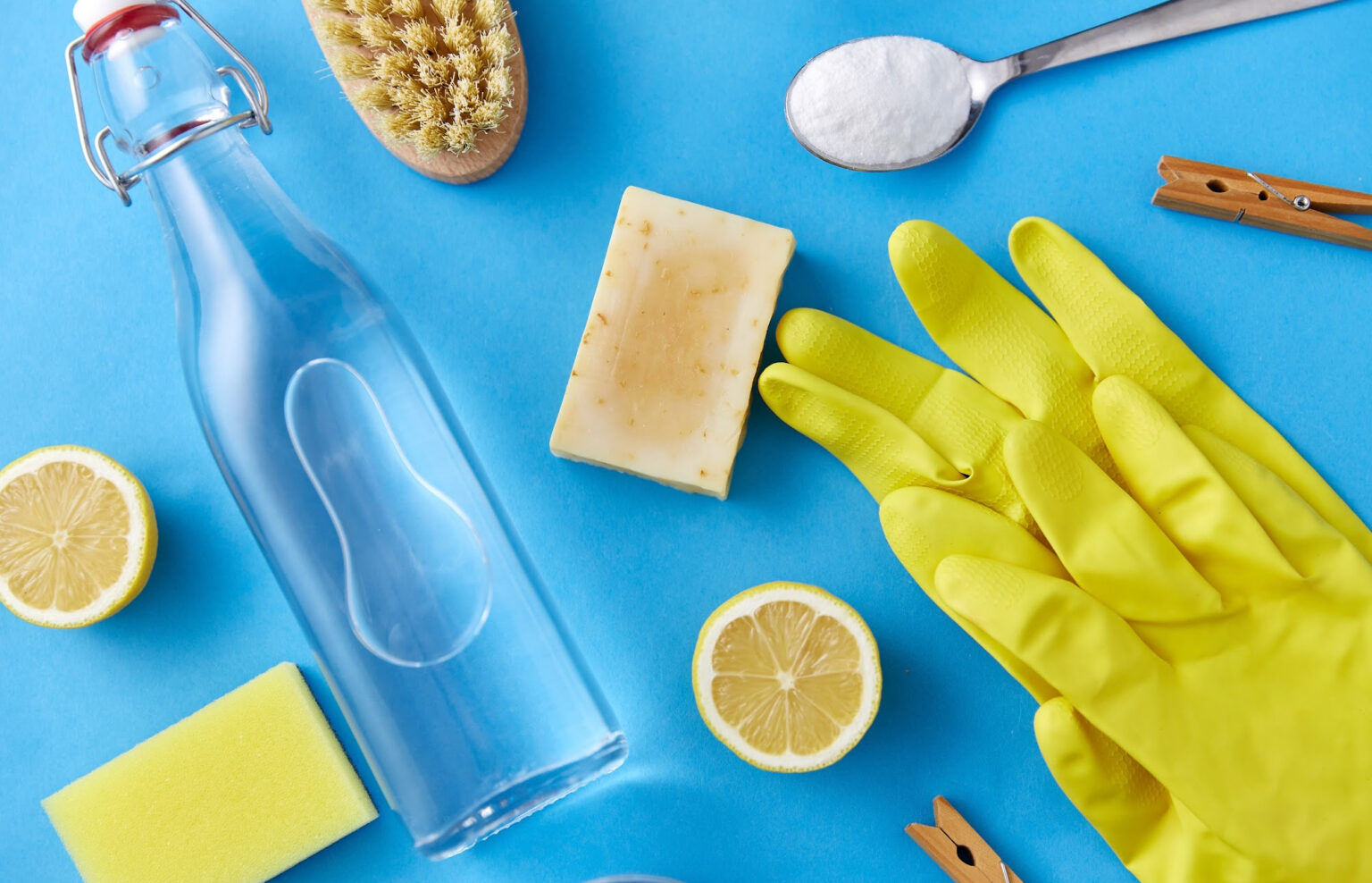
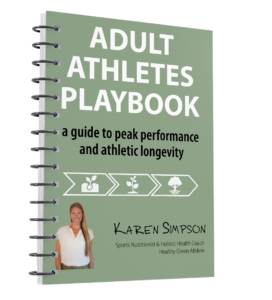



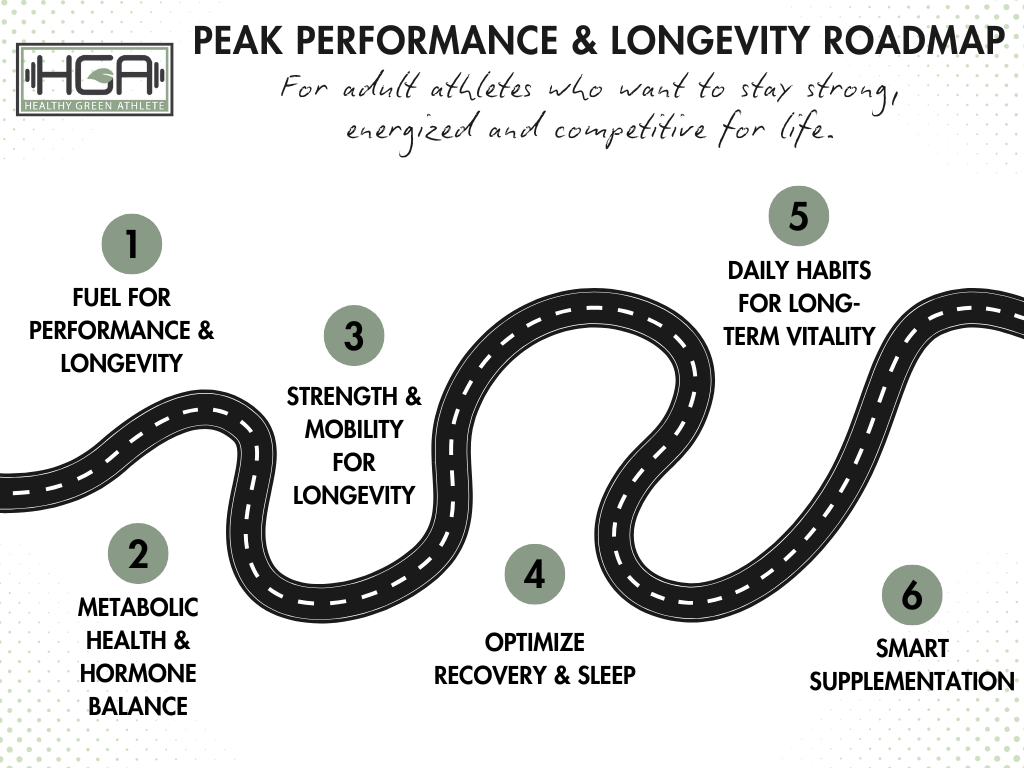
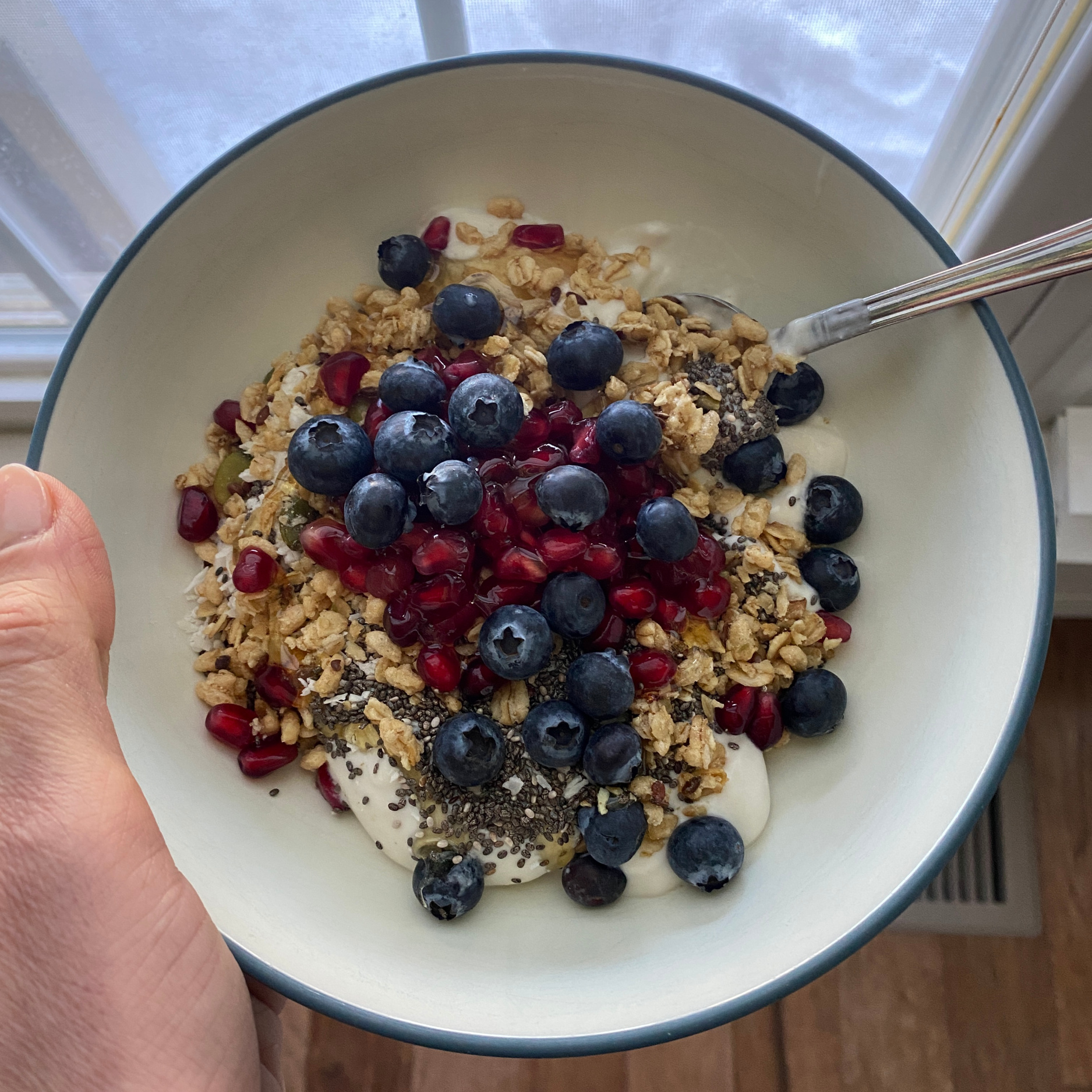


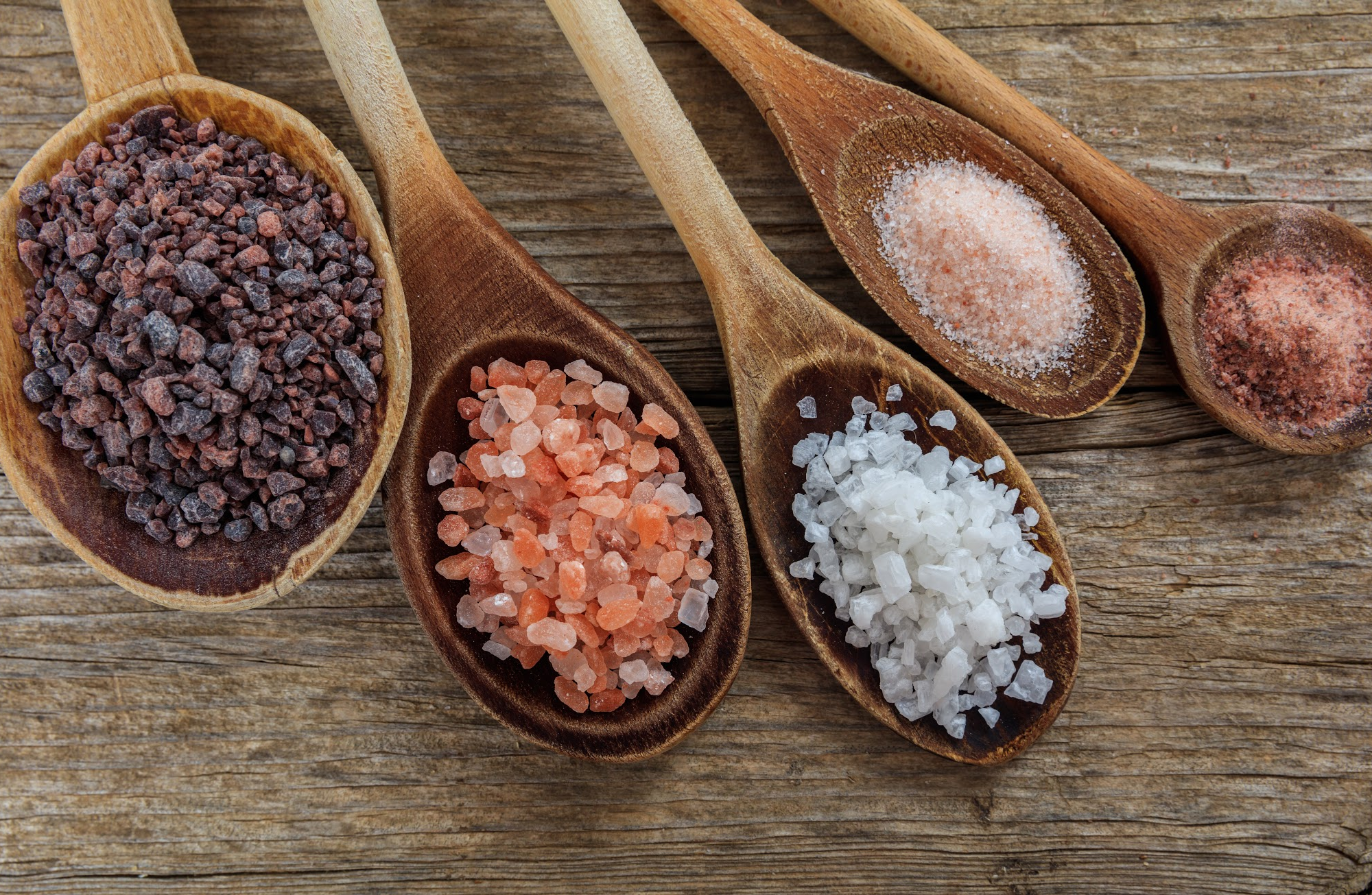



4 Comments
Pingback:
Pingback:
Pingback:
Pingback: